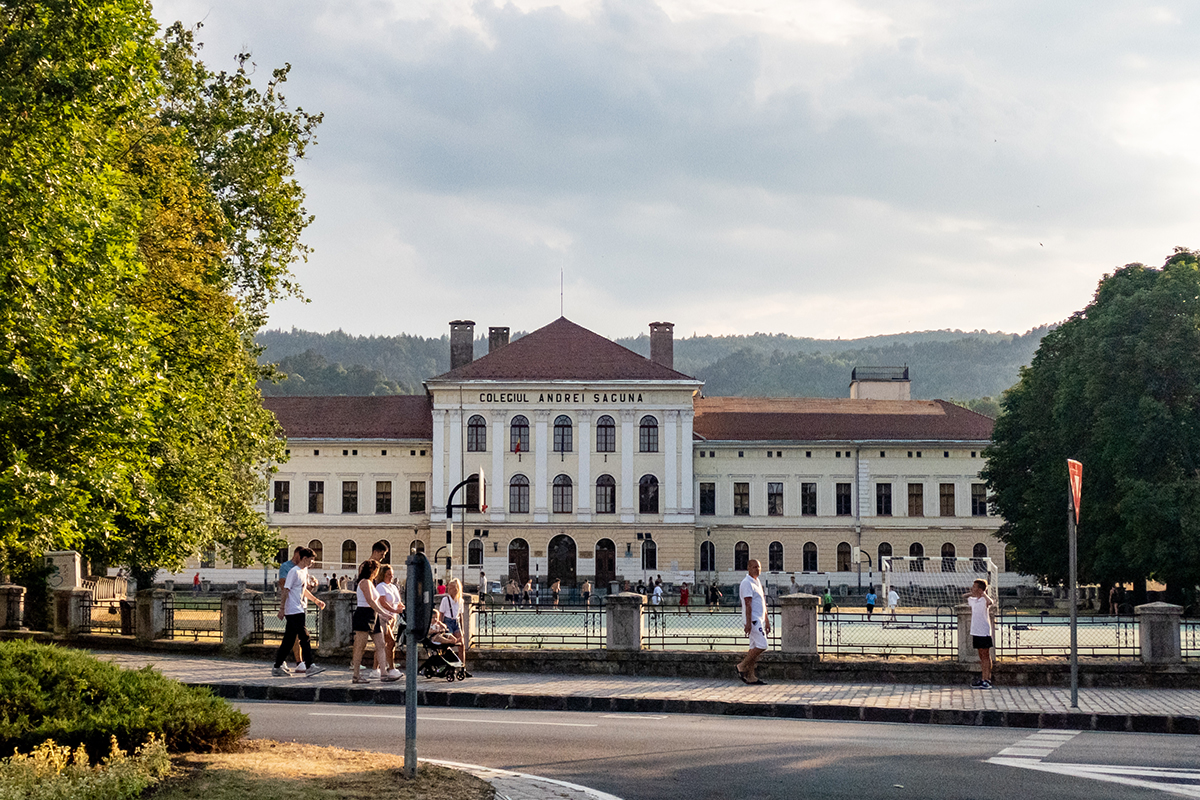
From July 1st to 8th, 2025, I had the opportunity to take part in Youth Participa(c)tion, an Erasmus+ training course focused on youth participation and civic engagement. The training was developed by A.C.T.O.R. – Asociația Culturală pentru Teatru și Origami din România, and brought together youth workers, educators, and civic actors from across Europe to explore how we can better support meaningful, inclusive, and sustained engagement of young people in democratic life.
In today’s context, young people often feel disconnected from institutions and excluded from decision-making processes. This disconnect becomes even more pressing in the midst of the current shift in democratic values, marked by the rise of individualism and conservatism and the decline in cooperation and community-based values. Moreover, issues that have long mobilized youth, such as climate action and social rights, are increasingly sidelined in favour of more security-driven agendas. Against this backdrop, the training provided a valuable space to reflect on the role of youth work in bridging the gap between young people and civic structures, and in supporting engagement with the topics that genuinely matter to them.
Throughout the week, the group explored key themes such as what does youth participation looks like in different contexts and how to identify and overcome barriers to youth involvement. It also provided space to reflect upon the key competences that a youth worker should nurture to support meaningful youth participation and share some tools and facilitation methods to support participatory learning and group dynamics.
The programme combined non-formal education, experiential learning, and real-life investigation. One of the highlights was a visit to schools in Breaza and Comarnic, where we engaged in meaningful conversations with school directors and teachers. These dialogues focused on the challenges of integrating global citizenship education within the formal education system, and the structural barriers faced by schools, educators, and students alike.
Another strength of the training was the diversity of its participants. The group included experienced youth workers, emerging young project leaders, teachers, and educators from different backgrounds and realities. This mix created a rich environment for exchange, where we could share personal experiences and learn directly from practical, grounded examples.
To consolidate our learning, we co-created a podcast in which participants discussed key factors that influence youth work and participation. The podcast features reflections and practical tips on how to navigate these factors in our daily practice, and its recordings can be accessed by following this connection.
Beyond the formal sessions, the training fostered strong connections among participants and laid the groundwork for future collaborations and joint initiatives.
Telmo Romeu Simões
